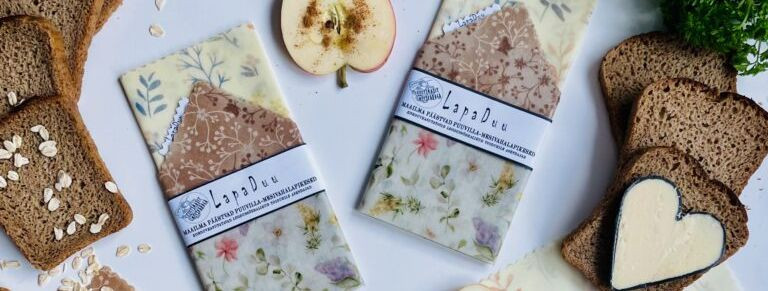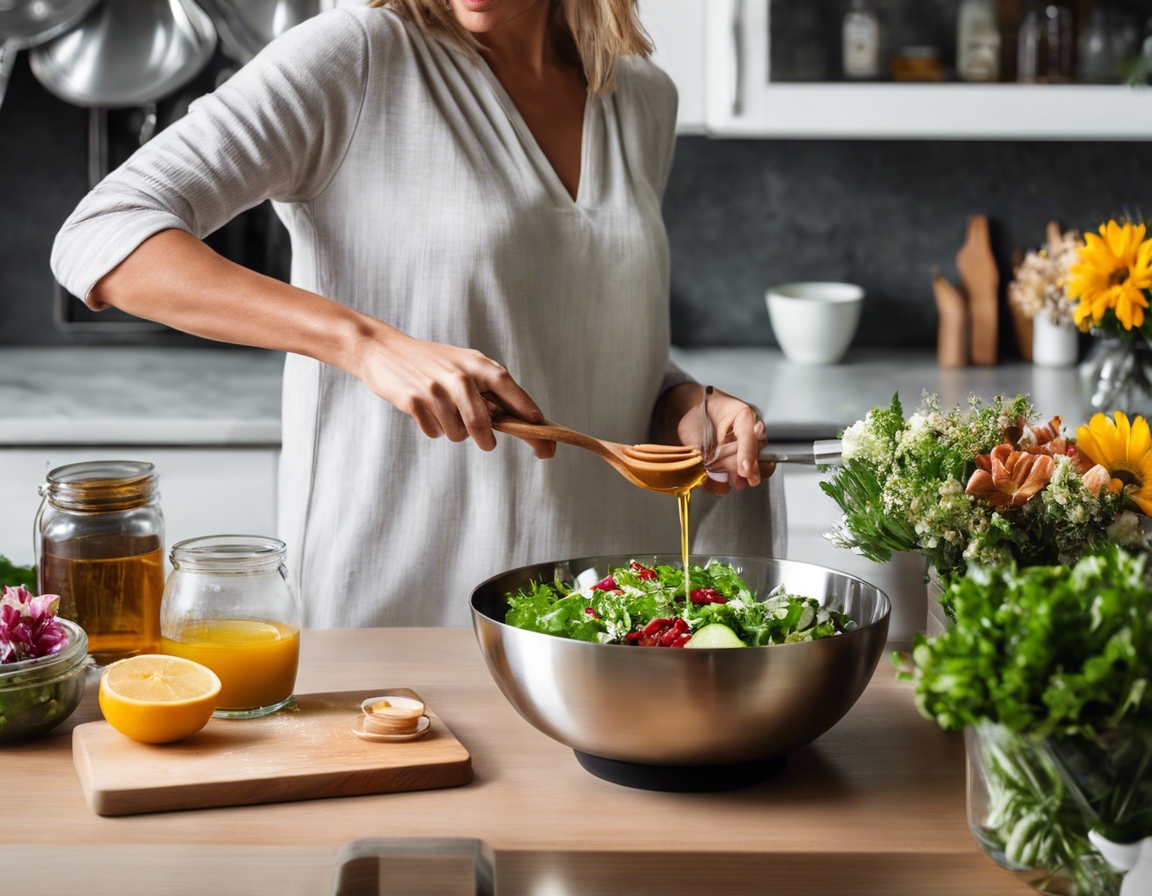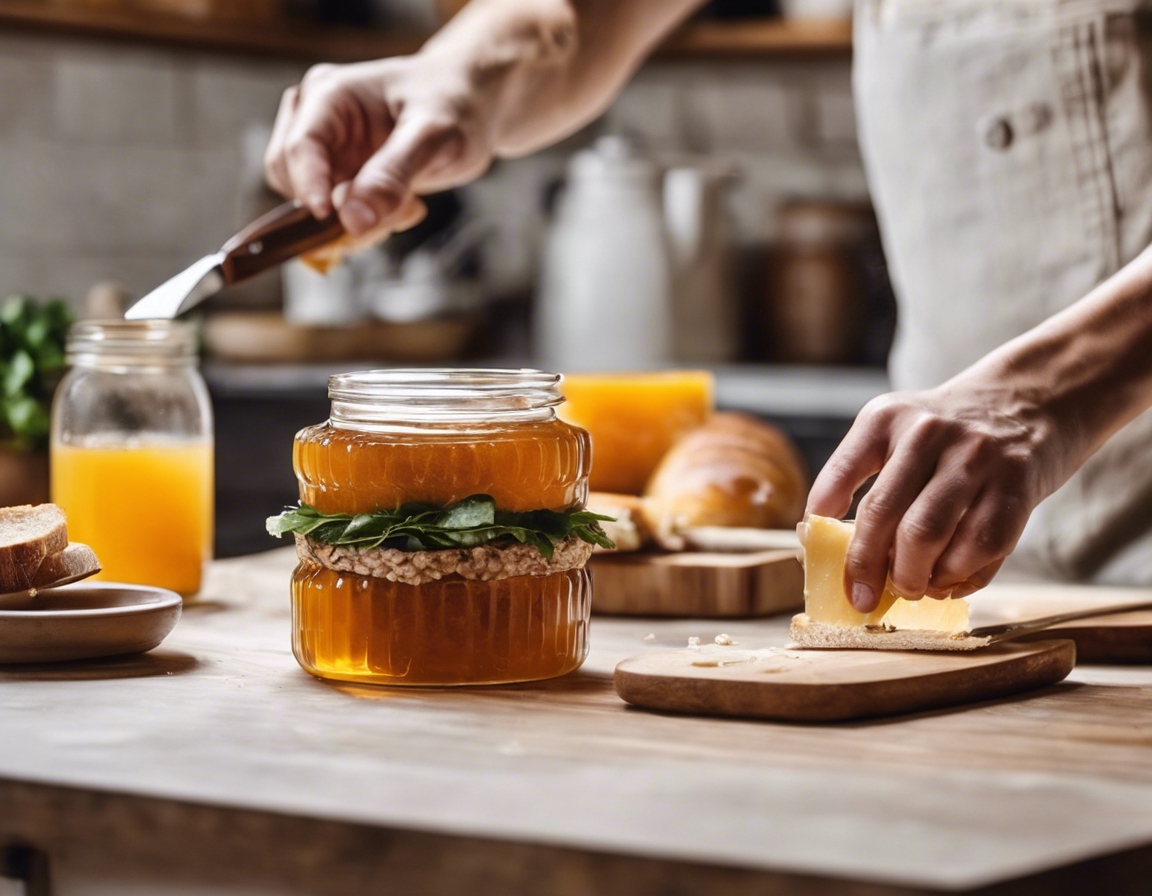The ultimate guide to plastic-free food storage
Plastic pollution has become one of the most pressing environmental issues of our time. With millions of tons of plastic ending up in our oceans and landfills every year, the need to reduce our plastic footprint is more urgent than ever. Plastic not only poses a threat to marine life but also contributes to the growing problem of microplastics in our food chain.
Aside from environmental concerns, there are significant health benefits to reducing plastic usage. Chemicals such as BPA and phthalates, commonly found in plastics, can leach into food and beverages, potentially leading to health issues over time. By choosing plastic-free food storage options, you can minimize your exposure to these harmful substances.
Starting with the Basics: What is Plastic-Free Food Storage?
Plastic-free food storage refers to the practice of keeping food in containers made from materials other than plastic. This approach is crucial for anyone looking to lead a more sustainable and health-conscious lifestyle. It not only helps in reducing plastic waste but also ensures that food is stored in safer, non-toxic containers.
Common materials for plastic-free food storage include glass, stainless steel, silicone, beeswax, ceramic, and wood. Each material has its own benefits and can be used in different ways to store a variety of food items effectively.
Assessing Your Current Food Storage Solutions
Before transitioning to plastic-free alternatives, it's important to take stock of the current plastic items in your kitchen. From there, you can begin to identify which items can be replaced with more sustainable options.
Understanding the lifecycle of plastic containers, including how they are produced, used, and disposed of, can help you make more informed decisions about replacing them with eco-friendly alternatives.
Alternatives to Plastic Food Storage
Glass is a timeless and versatile option for food storage. It's non-porous, doesn't absorb odors or flavors, and is generally safe for use in the microwave and dishwasher.
Stainless steel containers are durable, lightweight, and resistant to rust and corrosion. They're ideal for on-the-go meals and can often be found in a variety of sizes and shapes.
Silicone bags and covers are a flexible and reusable alternative to plastic wrap and bags. They can withstand high and low temperatures, making them suitable for a range of uses.
Beeswax wraps are a natural and compostable option for wrapping food. They can be molded around containers or food items with the warmth of your hands and are washable for repeated use.
Ceramic and wood containers offer a rustic and aesthetic appeal to your kitchen. They're great for dry goods and can often be found with airtight seals.
Fabric produce bags are perfect for shopping and storing fresh produce. They're breathable, washable, and help to reduce the need for single-use plastic bags.
Implementing Plastic-Free Food Storage in Your Routine
When shopping for plastic-free storage, look for high-quality materials and consider the types of food you'll be storing. It's also important to choose containers that fit your lifestyle and storage needs.
Proper preparation and preservation techniques can extend the life of your food and your storage containers. Learn how to properly store different types of food to maximize freshness and minimize waste.
Labeling and organizing your plastic-free containers can help you keep track of contents and expiration dates, making it easier to maintain an efficient and waste-free kitchen.
Maintaining and Caring for Your Plastic-Free Storage Options
Each type of plastic-free container may require different cleaning methods. Understanding the best practices for maintaining your containers will ensure they last as long as possible.
Even the most durable materials will eventually wear out. Knowing when to replace your plastic-free storage options is key to maintaining a healthy and sustainable kitchen.
Advocating for Change Beyond the Kitchen
Choosing to support brands and retailers that offer plastic-free options can have a significant impact on the market and encourage more companies to consider sustainability in their product lines.
Getting involved in your community and educating others about the benefits of plastic-free living can help spread awareness and inspire collective action towards a more sustainable future.






Comments (0)